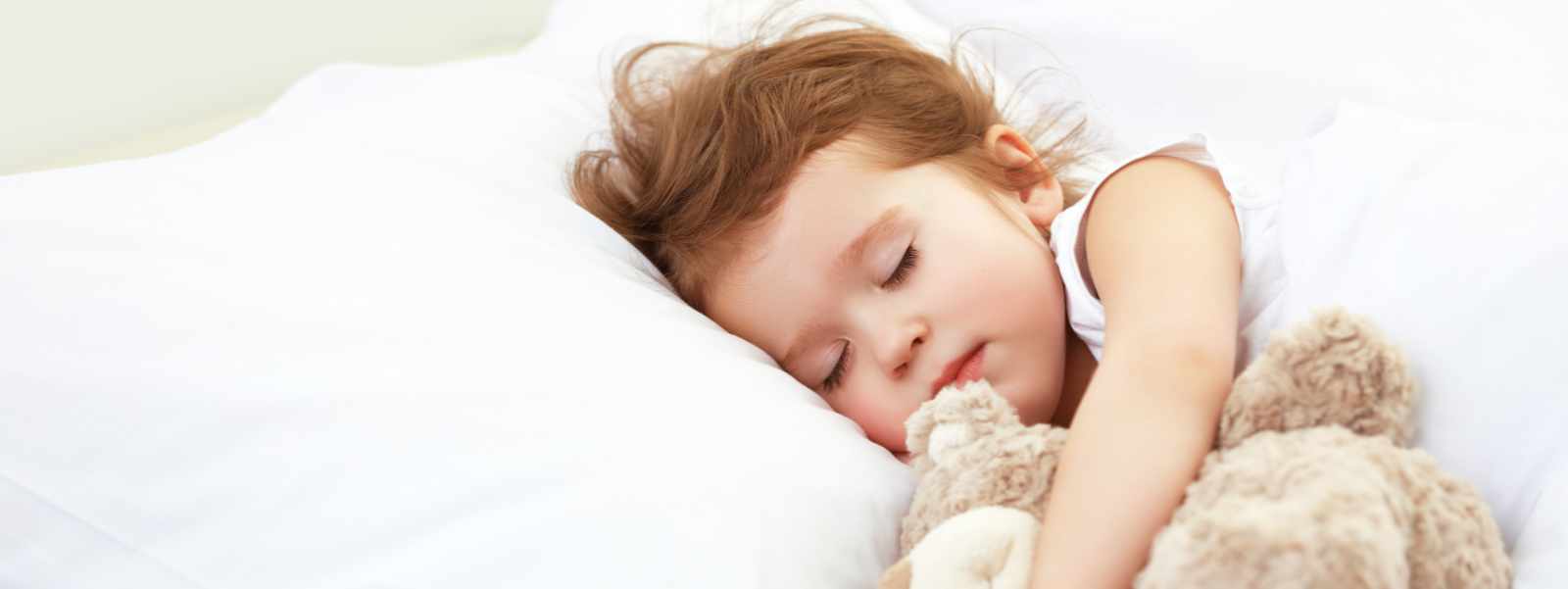
A MedTech spinout backed by the University of Strathclyde is leading a major NHS study to improve diagnosis and treatment of childhood sleep disorders which could transform how clinicians manage one of the most common paediatric health concerns.
Glasgow-based company Seluna, co-founded by Strathclyde researcher Dr Scott Black, has secured almost £650,000 in new funding to support a large-scale clinical validation study with Glasgow’s Royal Hospital for Children.
The study, which will run until the end of 2025, involves 500 anonymised sleep studies from patients under the age of 18.
Assists diagnosis
Seluna’s AI-powered diagnostic platform – developed from research conducted at Strathclyde – uses machine learning algorithms to automatically analyse complex sleep data. The technology is designed to assist specialist clinicians in diagnosing paediatric sleep apnoea, a condition that is currently underdiagnosed and difficult to manage.
The software has the potential to streamline clinical workflows, reduce bottlenecks in a stretched NHS, and provide more accurate and timely support for children and families.
The University of Strathclyde has provided early-stage funding, research commercialisation expertise, and ongoing support through Strathclyde Inspire. The University also contributed to this new investment round via the Strathclyde Inspire Investment Fund and the Stephen Young Entrepreneurship Awards.
Complex challenge
Dr Scott Black, Seluna CEO and Strathclyde alumnus, said: “Paediatric sleep diagnostics has been underserved for too long. It’s a complex challenge, which is why existing tools weren’t built for children - until now. This validation study will demonstrate clinical impact and make a clear statement: we’re here to set a new standard. We’re here to innovate, drive change, and compete internationally, with backing from investors who recognise the potential of the paediatric healthcare market.”
The funding round was led by Gabriel Investment Syndicate, with continued support from Scottish Enterprise and new investor STAC Invest.
Dr Ruth Hamilton, Consultant Clinical Scientist at the Royal Hospital for Children and the study’s principal investigator, said: "As clinicians, we need to understand why the technology is making certain recommendations. Seluna's focus on interpretability builds the trust we need to confidently use this technology in clinical practice. It will help take pressure off busy departments and allow us to stop firefighting waiting lists.”
The company also aims to help clinicians predict which children are likely to benefit from treatments such as adenotonsillectomy – a surgery often performed without clear evidence of benefit in individual cases.
Dr Haytham Kubba, Paediatric ENT Surgeon and chief investigator on the study, said: “Adenotonsillectomy for sleep apnoea is the most common paediatric surgery for the most common reason but right now, we simply don’t know if we’re operating on the right children. Seluna is developing a solution which could dramatically improve our ability to identify and prioritise the children who need help most urgently. It has the potential to transform how we approach paediatric sleep medicine.”
The Glasgow study is the first in a multi-centre validation programme, with other NHS sites expected to join later this year.
Anne Henderson, Head of Investment at the University of Strathclyde, said:
We are committed to addressing societal challenges through innovation, and Seluna is an excellent example of how cutting-edge research and technology can be used to transform paediatric healthcare.
“We are proud to have been an early investor in Seluna and look forward to continuing our partnership with further support through our Strathclyde Inspire Entrepreneurs Fund and Stephen Young Entrepreneurship Awards.”